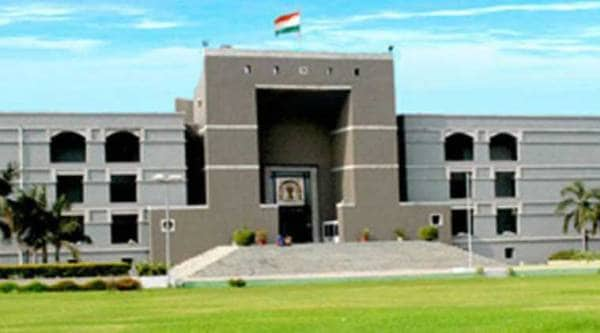Stay updated with the latest - Click here to follow us on Instagram
67 pvt grant-in-aid schools didn’t admit any EWS student under RTE
Ahmedabad city DEO reveals in reply to an RTI.
 Gujarat High Court (HC) has issued notices to 16 schools in Ahmedabad for allegedly not complying with the provisions of the Right to Education (RTE) Act.
Gujarat High Court (HC) has issued notices to 16 schools in Ahmedabad for allegedly not complying with the provisions of the Right to Education (RTE) Act.
Even as the Gujarat High Court (HC) has issued notices to 16 schools in Ahmedabad for allegedly not complying with the provisions of the Right to Education (RTE) Act, an RTI reply from the District Education Officer (DEO) of Ahmedabad city has revealed that out of 179 private grant-in-aid schools in Ahmedabad, 67 schools did not give a single admission to the children of Economically Weaker Sections (EWS) under the provisions of the RTE Act in the current academic year.
Out of the total 1,068 students who applied for admission in those private schools under the RTE Act, 618 were not given admissions. Also, 35 schools gave admission to only one student each under the RTE Act. As per the provisions of the RTE Act, each private school has to reserve 25% of its total seats for the students of the Economically Weaker Sections.
These figures have been revealed by the Ahmedabad DEO in reply to an application filed under the provisions of the Right to Information Act. The application was moved by Rajesh Solanki, secretary of Ahmedabad-based voluntary organisation Dalit Hak Rakshak Manch, which is working in the field of education for the children of the underprivileged class.
In a significant number of cases in which the admissions were not given to the children under the RTE Act, the reason has turned out to be that the guardian of the child did not turn up to secure the admission.
According to Solanki, under the provisions of the RTE Act, the guardian of a child from any of the 11 categories earmarked in the Act has to apply before the concerned DEO for getting admission of his/her ward in a private school of his/her choice. These 11 categories include children from families of Below Poverty Line (BPL), Socially & Economically Backward Class (SEBC), Scheduled Castes (SC) and Scheduled Tribes (ST), mentally challenged children, children with HIV infection, and physically challenged children.
After submission of the application along with supportive documents like income certificate, caste certificate and proof of residence, the DEO passes an order to the concerned school authorities for admitting the child to the school under the RTE Act provisions. Solanki says that in a number of cases, the reason for not giving admission to the student is that the guardian did not turn up to secure the admission.
“This has been happening because once the DEO passes the order to the school authorities, the guardian is not being intimated about the same. And if a guardian approaches the DEO or the concerned school authorities about the admission of his/her ward under the RTE Act, he/she does not get clear answer. And this results in the guardian leaving the matter of admission in disappointment,” Solanki adds.
Solanki says that it is majorly because of this gap in the implementation of the Act that a majority of the applicants do not get admission in the schools of their choice under the RTE Act. Ahmedabad DEO A K Rathod could not be contacted for his comment.







